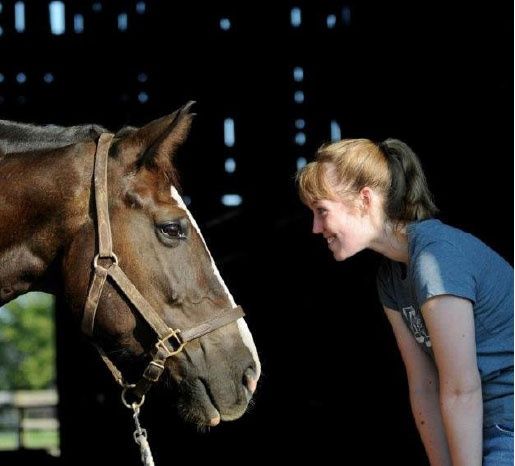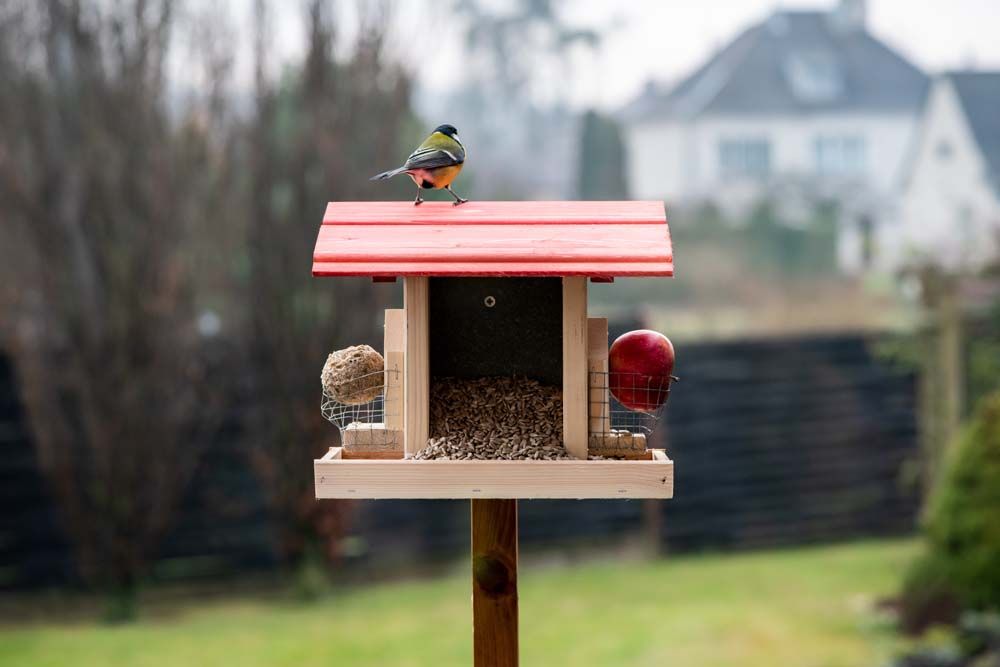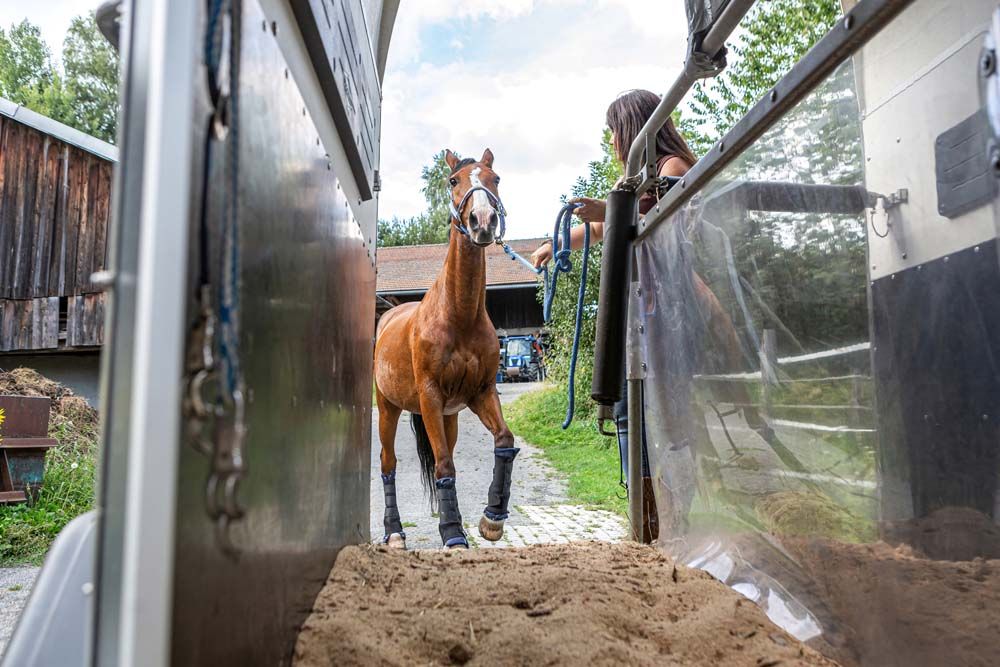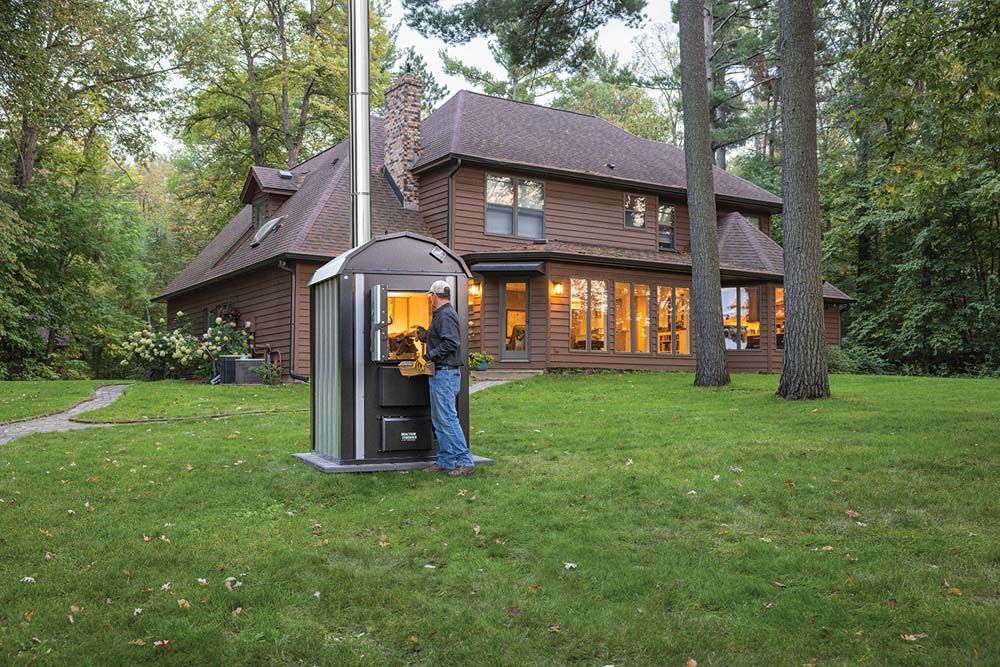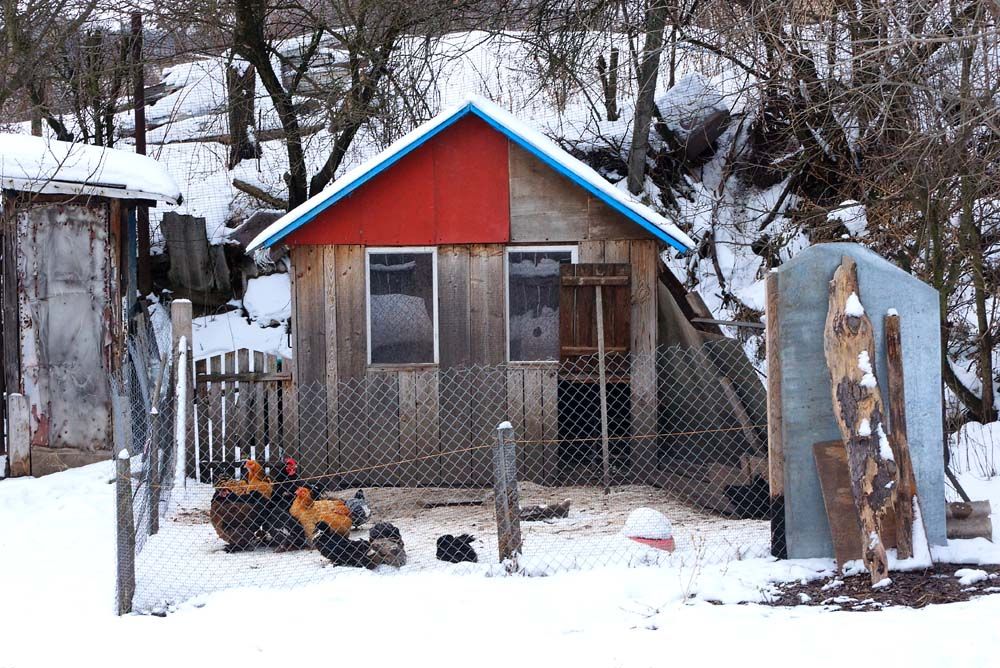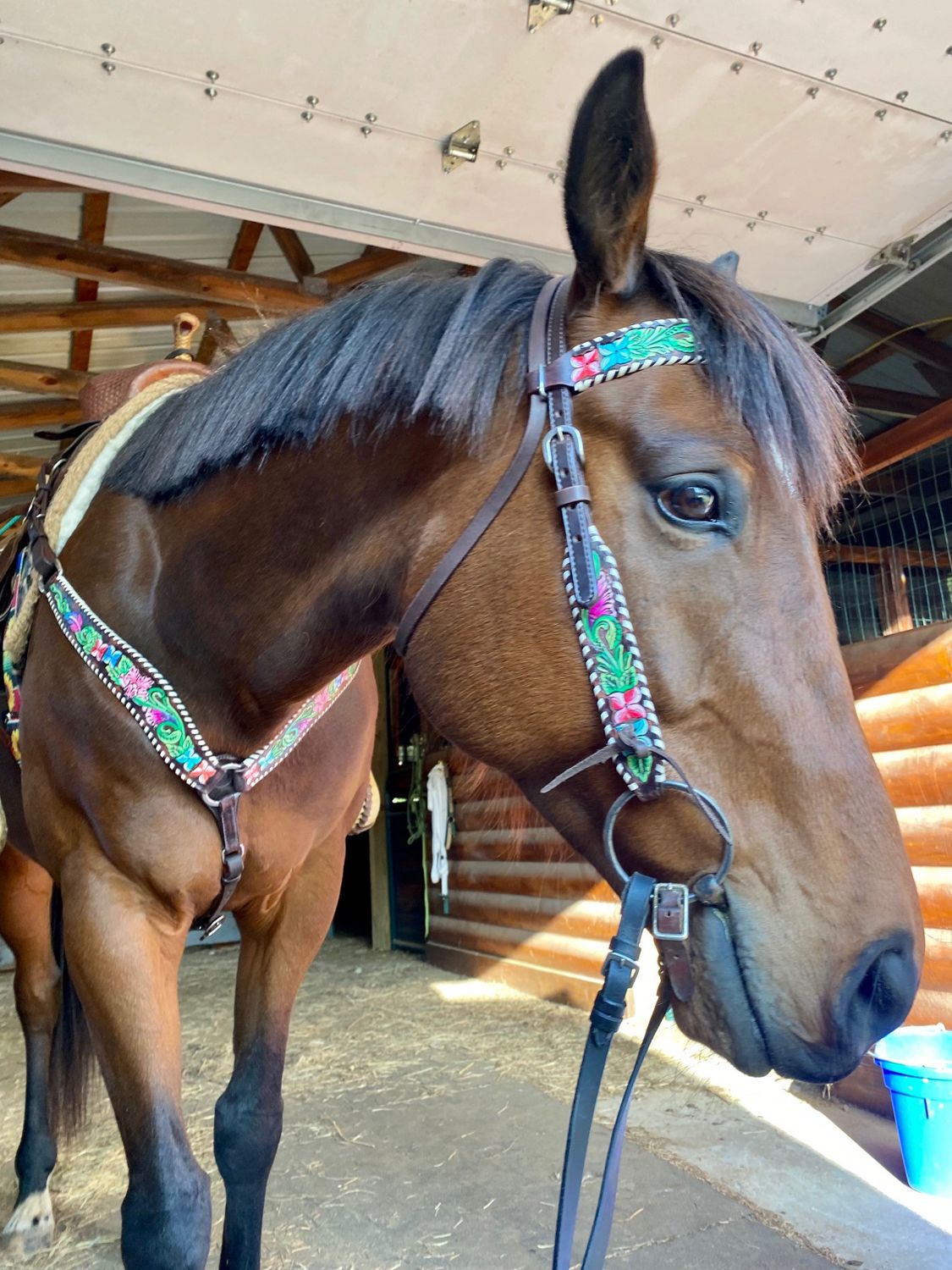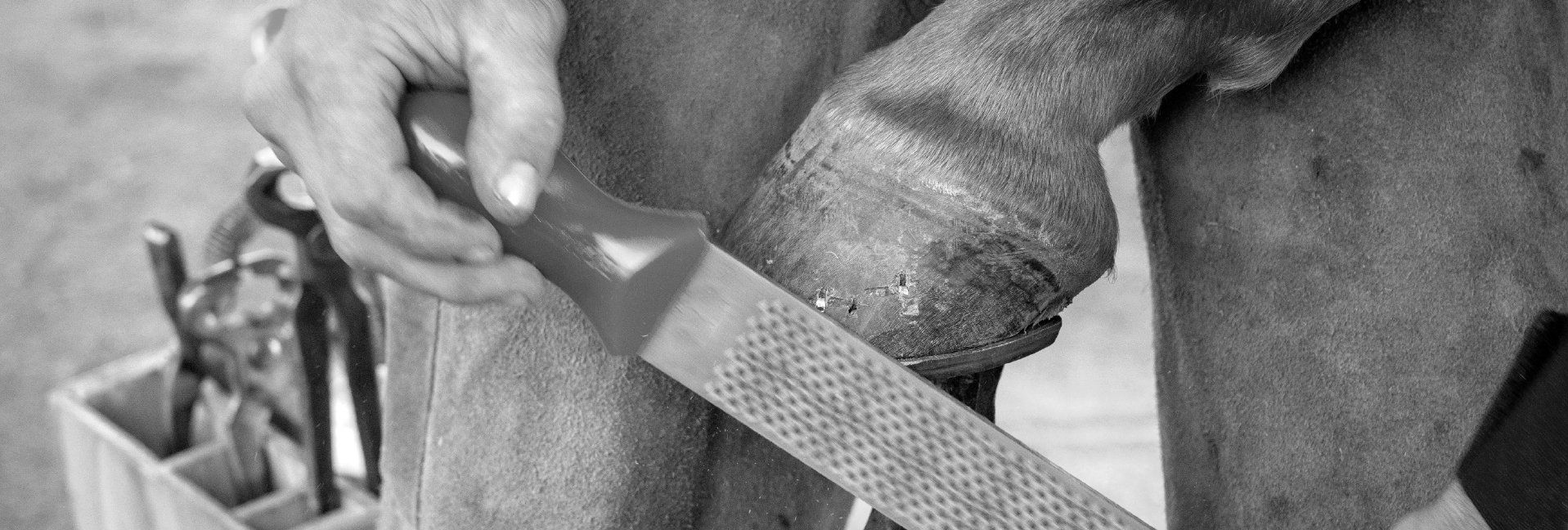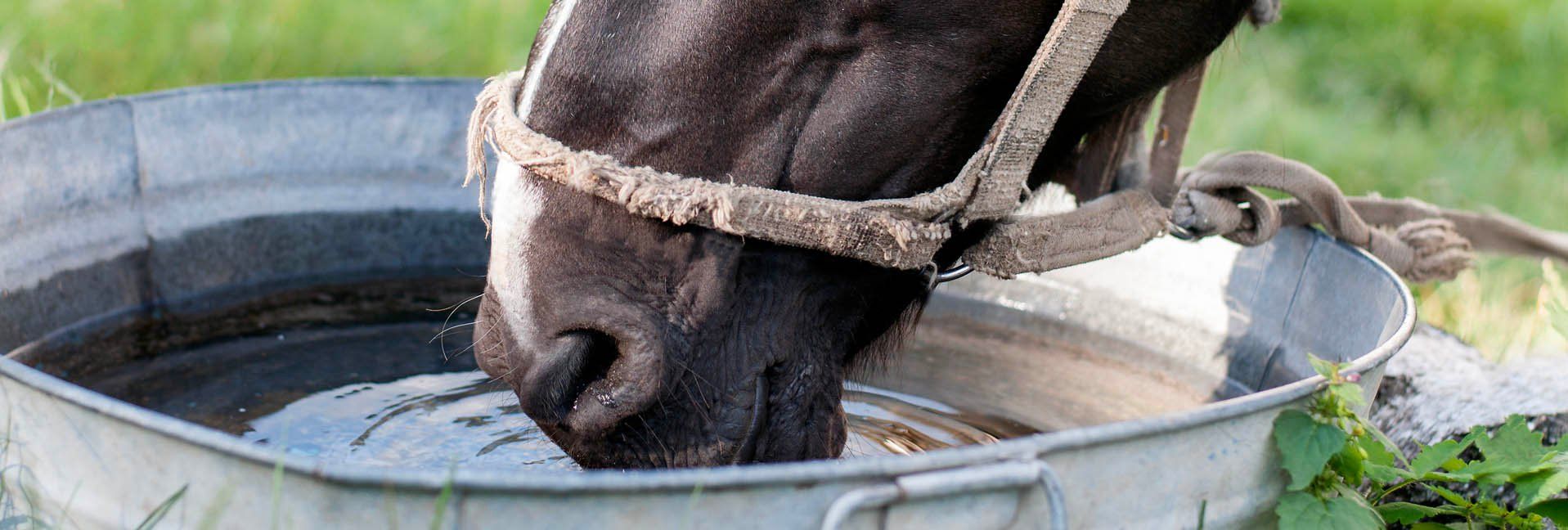Things You Should Know Before Taking Home a Rescue Horse


“Adopt, don’t shop” is a motto in the world of dogs and cats, but it’s also becoming a more popular concept among horse owners. In my area (Kentucky horse country) there are more horse rescues now than there were ten or even five years ago, offering everything from registered Thoroughbreds to miniature horses. You can find horses with years of training or young horses still waiting to learn the basics.
I absolutely recommend adopting a horse from a rescue, but there are a few things you should know before you start shopping.
First, do your research… on the organization
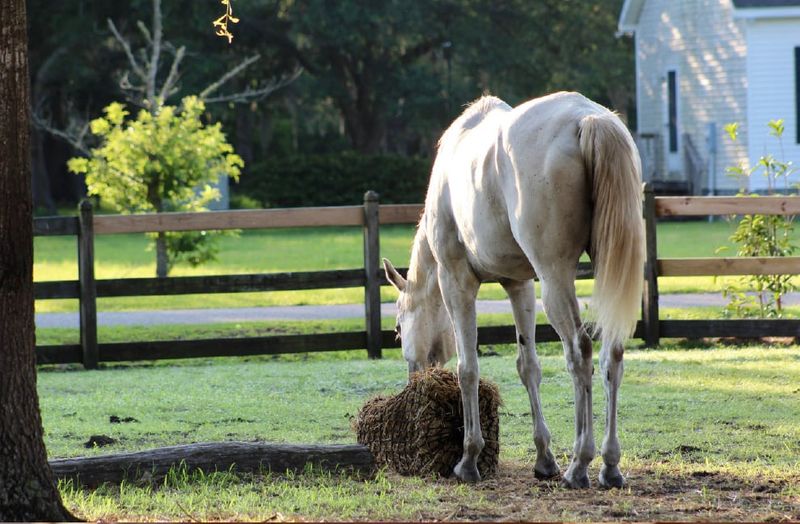
Many people don’t know this, but there are no laws against an individual or group identifying themselves publicly as a “rescue” or soliciting donations from the public. While most organizations are made up of honest people who work longer days than most of us, there are occasional bad apples who exploit the legal loophole to make easy money without caring properly for their animals.
When you adopt a horse (or any animal) from a rescue, you want to be sure not only that you can rely on the validity of the information the rescue gives you about the animal, but also that you’re not writing a check to an irresponsible group.
There’s also no single group charged with inspecting and accrediting rescue operations, so you may have to do a little research on an organization to be sure their financial practices are above board.
Check the rescue’s website to see whether they list 501c3 federal tax exemption; if they do, you should be able to access their tax returns or IRS Form 990s from recent years via GuideStar (guidestar.org), a database of non-profit organizations. Some non-profits have confidence ratings through national databases like Charity Navigator (charitynavigator.org), which features independent analysis of an operation’s practices based on their financial documents.
Some rescues are eligible for accreditation or grant programs like the ASPCA, or breed-specific grants like the Thoroughbred Aftercare Alliance or Brennan Equine Welfare Fund. Often those competing for grant money are required to submit extensive financial information to be eligible for those grants; receiving one is often a sign that someone has taken a look at the operation with a critical eye.
Ask around and look around, too
Word of mouth can also be helpful here. Check out online reviews, ask local horse people if they’re familiar with the rescue, and even consider calling your local animal control office. Animal control often has close working relationships with good rescues, particularly if they need housing for horses seized during welfare investigations.
You also need to know what the quality of care is like for the horses before making the decision to adopt. Legitimate rescues are open to visitors (often by appointment), and should be comfortable answering questions about their care plan and the horses on their roster.
Go for a visit and keep your eyes open—do horses look well-fed? It’s not uncommon for a rescue to have a few skinny horses if they’ve just taken in recent neglect cases, but those horses should have hay and clean water available to them. Those horses should have clean paddocks or stalls, and their feet should have had recent attention.
Choosing your horse
Once you’ve decided you’re comfortable with a particular rescue, it’s important to communicate with the adoption coordinator about what type of horse you’re looking for, including the type and intensity of the work you expect that horse to do, and what sort of personality you are most compatible with.
In many cases, even if a rescue doesn’t have the perfect fit on hand, they will keep a running wish list so they can more quickly match new horses with adopters.
Once you find a match, get as much information as you can about the horse’s history with the rescue. If the horse hasn’t been with them long, be prepared to take things slow and steady.
Depending upon the rescue’s insurance policies, you may or may not be permitted to ride the horse before making a decision about adoption. If this isn’t possible, you should ask to watch the horse being tacked and ridden by a representative of the rescue; bring a friend or trainer to serve as your second set of eyes.
You should also have your veterinarian give the horse a pre-purchase exam; it may seem like an extreme expense compared to the relatively low adoption fee you’ll pay, but it may help prepare you for bigger expenses later if the horse has a soundness or health issue.
Before you sign anything
Take a look at the rescue’s contract before you make a final decision on adoption. Some rescues have restrictions on when and whether horses can legally be sold or given away after they’re adopted. Others may restrict adopted horses from being bred, as they believe overbreeding has led to the problem of unwanted horses to begin with.
The most hands-on rescues may also require you to check in with them periodically, providing photos and health data on the horse you adopt so they know everything is ok.
Lastly, remember that many successful show horses and beloved family pets have been rescues at one point in their lives—the right rescue horse really can do anything.
Tags:Horse Sense

Acreage Life is part of the Catalyst Communications Network publication family.




